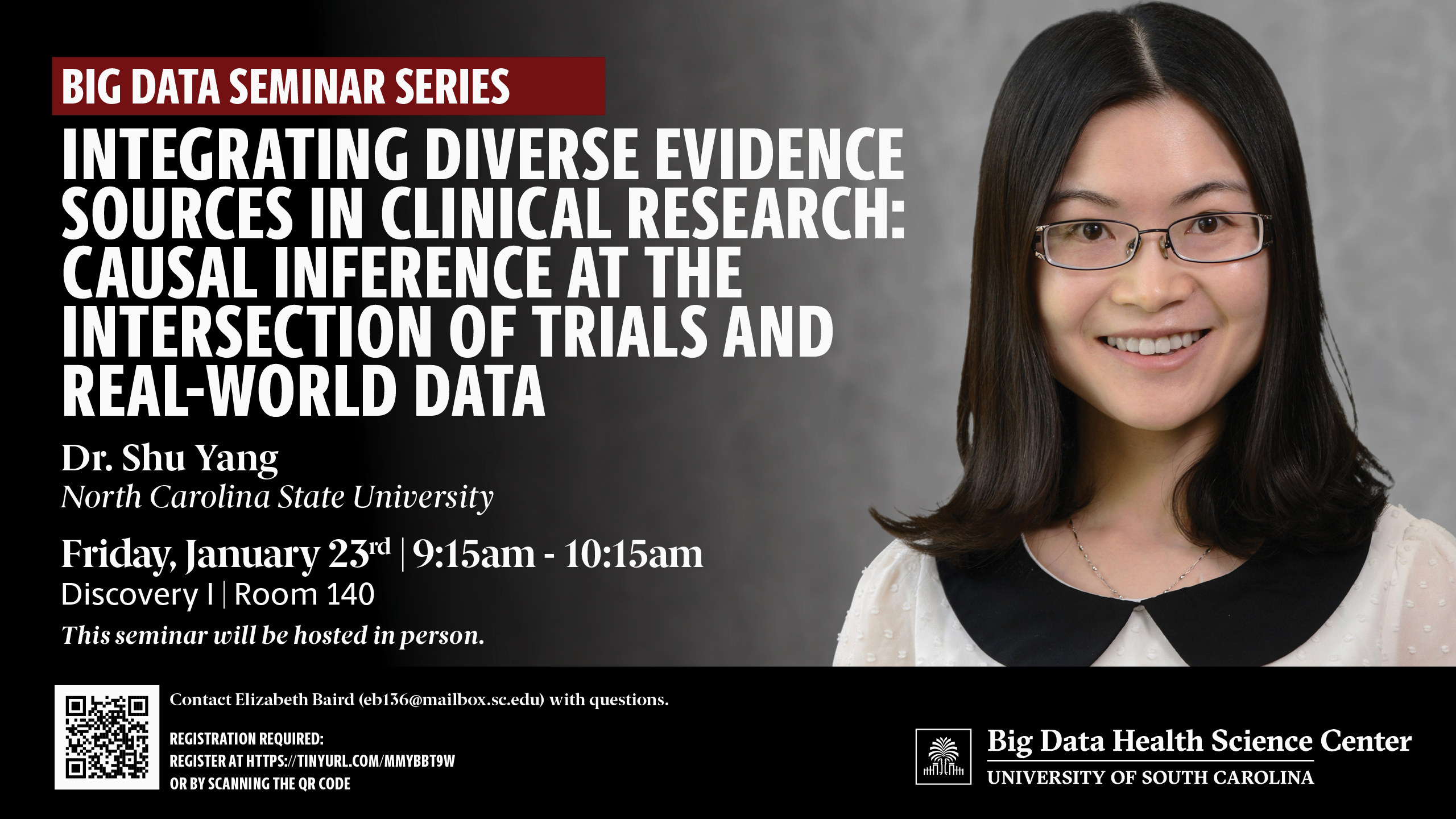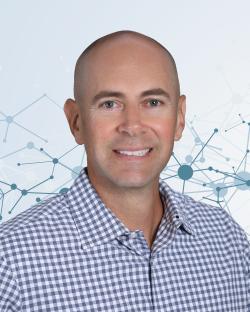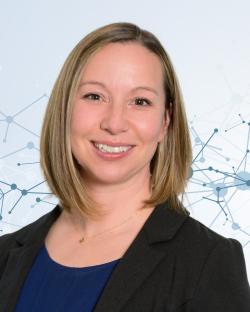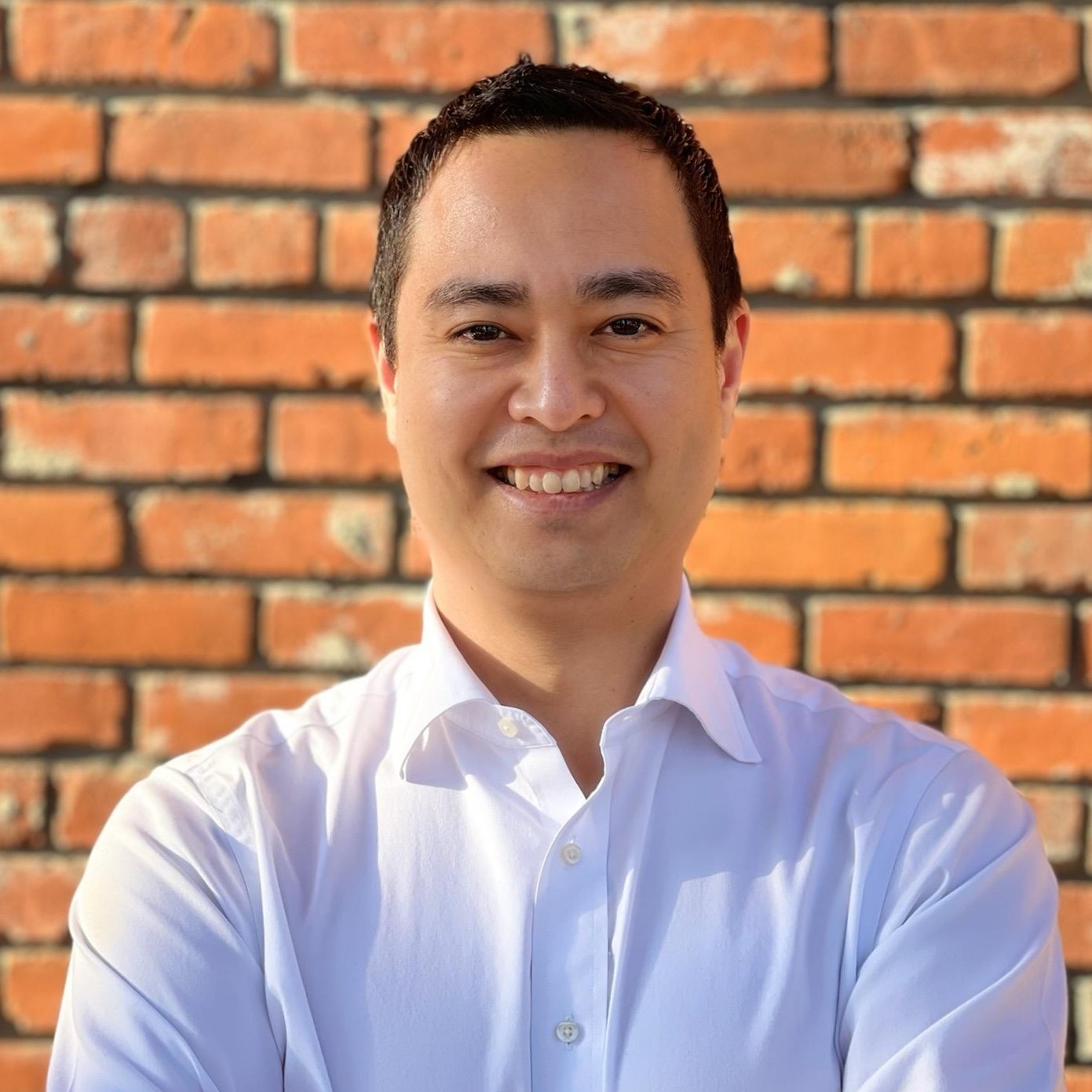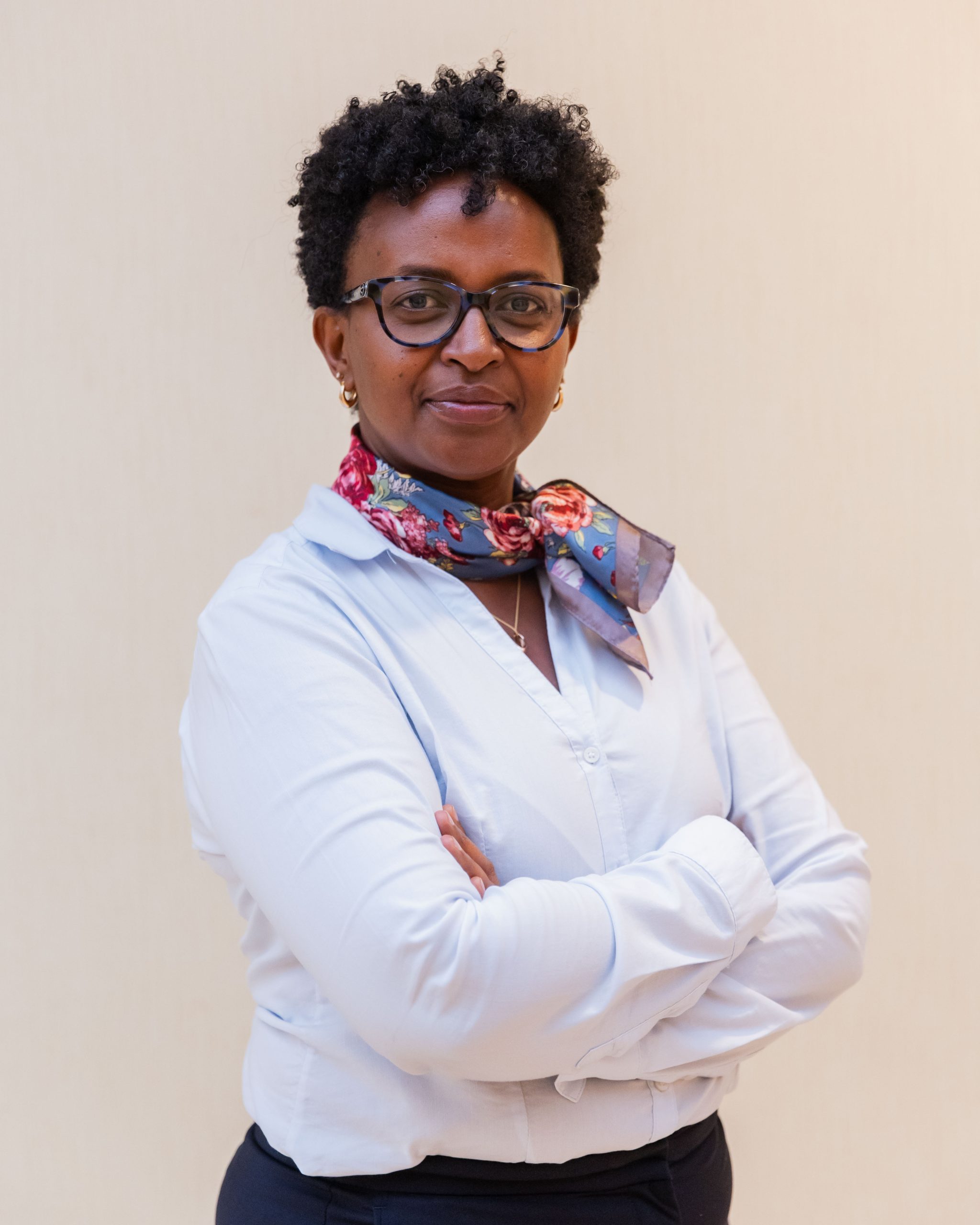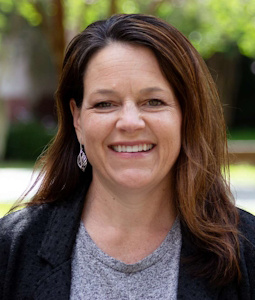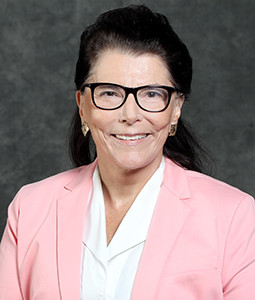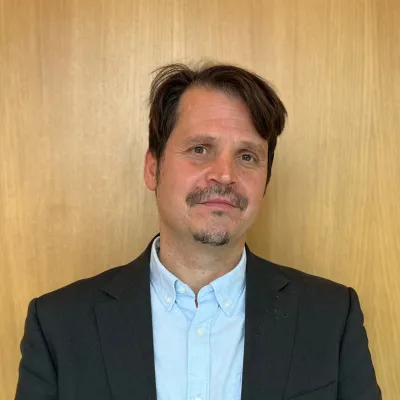Big Data Health Science Center
The University of South Carolina Big Data Health Science Center (BDHSC), a USC Excellence Initiative, serves as a campus-wide interdisciplinary enterprise that conducts cutting-edge research and discovery, offers professional development and academic training, and provides service to the community and industry.
Big Data Seminar Series: January 23rd, 2026
Integrating Diverse Evidence Sources in Clinical Research: Causal Inference at the Intersection of Trials and Real-World Data
Dr. Shu Yang, North Carolina State University
Friday, January 23rd | 10-11am
Discovery I | Room 140
Contact Elizabeth Baird (eb136@mailbox.sc.edu) with questions.
Registration required: register at https://forms.gle/MH6QuWUuPs9xb999A
7th National Big Data Health Science Conference: Registration Open
The 2026 Planning Committee is pleased to announce that registration for the 7th National Big Data Health Science Conference (Feb 12-13, 2026 | USC Pastides Alumni Center | Columbia, SC) is now open. The theme of the 2025 conference is Unlocking the Power of Big Data in Health: Bridging the Gap Between Discovery and Delivery.
More information and the link to register can be found at https://www.sc-bdhs-conference.org/register/. Registration rates include $200 for faculty/professionals and $50 for students.
7th National Big Data Health Science Call for Abstracts: Deadline November 14th
The University of South Carolina Big Data Health Science Center invites you to submit abstracts for oral and poster presentations at the 7th National Big Data Health Science Conference, to be held February 12-13th, 2026, in Columbia, SC.
Abstracts must be responsive to the theme “Unlocking the Power of Big Data in Health: Bridging the Gap Between Discovery and Delivery.” Abstracts may be research- or program-based, regardless of presentation format.
Visit https://www.sc-bdhs-conference.org/ to learn more
Recent News
Save the Date: 7th National Big Data Health Science Conference
The theme of the 2026 conference is “Unlocking the Power of Big Data in Health: Bridging the Gap Between Discovery and Delivery.” Highlights of the 7th national conference included keynote and panel speakers from diverse areas of the health sciences, government, and academia as well as poster sessions, networking events, and breakout sessions. The Conference will be held on February 12-13, 2026. More detailed information about speakers, panels, workshops, and other conference details is available at https://www.sc-bdhs-conference.org/.
Deadline Extended: September 15th deadline for Community Scholar Training Program
The R25 c-Scholar program (1) identifies and recruits community members interested in participating in Big Data infectious disease research and utilizing Big Data research findings to improve the health outcomes of their communities; (2) implements a multi-module training program that provides mentoring, curriculum-based training, and hands-on research experience to better equip c-Scholars with necessary knowledge, skills, and competence for Big Data infectious disease research; and (3) trains and supports c-Scholars to promote and utilize Big Data research in their communities by developing or improving their necessary professional skills.
May 13-14: NSF ACCESS HPC Workshop “Big Data and Machine Learning”
The Big Data Health Science Center and Research Computing will be hosting a remote site for the NSF ACCESS HPC monthly workshop titled “Big Data and Machine Learning” to be presented by the Pittsburgh Supercomputing Center on May 13-14 from 11AM-5:30PM In Room 1400 of the Innovation Center.
This workshop will focus on topics including big data analytics and machine learning with Spark, and deep learning using Tensorflow.
Recent & Upcoming Events
Big Data Seminar Series: Big Data in Health - Bayesian Models for Wearables and Neuroimaging
October 29th, 2025
2026 National Big Data Health Science Abstract Deadline
November 14th, 2025
2026 National Big Data Health Science Conference
February 12-13, 2026
Deadline to apply for R25 Emerging Scholars Training Program
March 3, 2025
Deadline to apply for T35 Training Program
February 18, 2025
6th National Big Data Health Science Conference 2024
February 13-14, 2025


Funding for this conference was made possible (in part) by R13LM014347 from the National Library of Medicine. The views expressed in written conference materials or publications and by speakers and moderators do not necessarily reflect the official policies of the Department of Health and Human Services; nor does mention by trade names, commercial practices, or organizations imply endorsement by the U.S. Government.
The scopes of the projects range from investigating the different ways that COVID-19 impacts people; making better predictions of COVID-19; designing telehealth services and technology innovations for the future; and engaging cutting-edge methods through artificial intelligence, data science, computational methods and statistical modeling.
NIH Grant to Develop Data-driven Strategies in Fighting COVID-19
This two-year grant will support the team’s efforts to develop a database system via REDCap and a mobile application for collating surveillance, clinical, multi-omics and geospatial data on both COVID-19 patients and health workers treating COVID-19 patients in South Carolina.
NSF Award for “Monitoring the Spatial Spread of COVID-19 through the Lens of Human Movement using Big Social Media Data”
Three members of the BDHSC have been awarded $108,717 by the National Science Foundation for their project titled “Monitoring the Spatial Spread of COVID-19 through the Lens of Human Movement using Big Social Media Data.”
Internal COVID-19 Research Grants
The UofSC Office of the Vice President for Research recently announced the recipients of its special internal funding initiative to support COVID-19 research and scholarship. BDHSC is pleased to announce that of the 42 projects funded, BDHSC faculty serve as PI for 10 projects and Co-I for 7 different projects.

